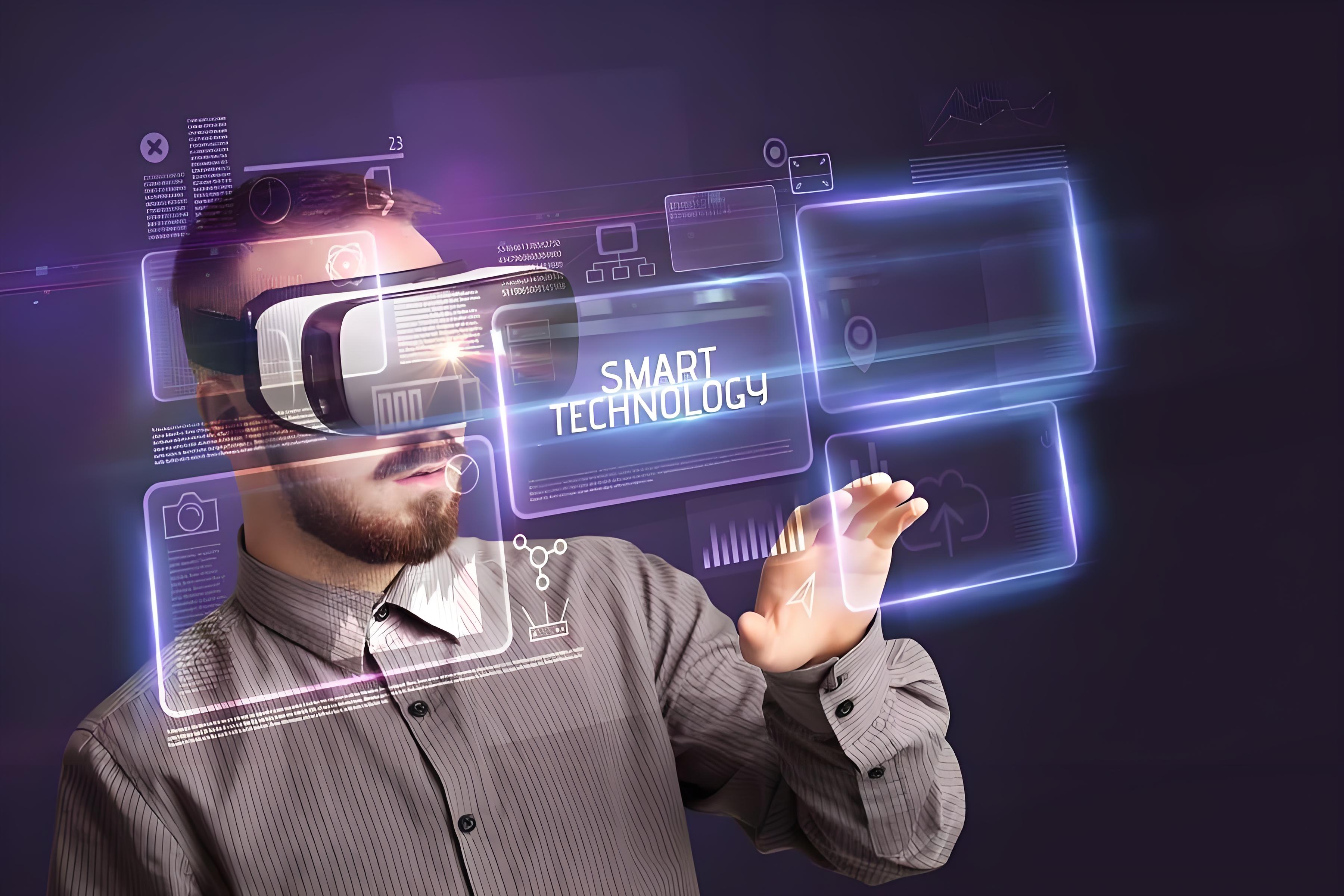In an era where screens are everywhere, our eyes are under more strain than ever before. Whether it’s work, study, or leisure, we seem to be constantly glued to our phones, computers, and tablets. Dryness, fatigue, and even declining vision have become everyday struggles for many. Fortunately, advancements in technology are offering solutions—smart glasses and advanced lenses. They’re not just fashionable accessories or symbols of high-tech innovation; they’re guardians for our eyes. This article will explore how these cutting-edge technologies are quietly transforming our lives, helping us protect our vision and reclaim comfort and eye health in the digital age.
It’s no secret that our eyes are under more strain than ever before. We’re glued to screens—phones, laptops, tablets—for hours on end, and it’s taking a toll. I’ve noticed it myself. After a long day of work, my eyes feel dry, tired, and sometimes even a little blurry. It’s like they’re begging for a break, but let’s be honest, I’m not going to stop scrolling or working anytime soon. That’s where smart glasses and advanced lenses come in. They’re not just a futuristic gimmick anymore; they’re becoming a lifeline for our overworked eyes.
I remember the first time I tried on a pair of smart glasses. They looked like regular glasses, sleek and modern, but the moment I put them on, I felt like I was stepping into the future. They had this subtle blue light filter that made my screen look softer, less harsh. It was like someone had turned down the brightness on life, but in a good way. I didn’t realize how much strain I was putting on my eyes until that strain started to fade. It wasn’t an instant miracle, but over time, I noticed fewer headaches and less of that gritty feeling in my eyes at the end of the day.
But it’s not just about blocking blue light. Smart glasses are getting smarter. Some now come with built-in sensors that track how long you’ve been staring at a screen and remind you to take a break. It’s like having a tiny, high-tech coach for your eyes. And let’s be real, we all need that nudge sometimes. I know I do. There are even models that adjust their tint based on the lighting around you, so whether you’re in a dimly lit room or outside in the sun, your eyes are always comfortable. It’s like they’re always one step ahead, anticipating what your eyes need before you even realize it.
Then there are the advanced lenses. These aren’t your grandma’s reading glasses. Modern lenses are engineered with precision to address specific vision problems. I’ve got a friend who swears by her progressive lenses. She says they’ve completely changed how she interacts with her devices. No more squinting or leaning in closer to see tiny text. The lenses do the work for her, seamlessly transitioning between different focal points. It’s like her eyes have been upgraded to HD.
And let’s not forget about the people who suffer from conditions like digital eye strain or myopia. Advanced lenses are being designed to slow the progression of these issues, especially in kids. I read about this one lens that uses tiny, invisible segments to redirect light in a way that reduces strain on the eye. It’s fascinating how much science and innovation are going into something as simple as a pair of glasses.
But here’s the thing: it’s not just about the technology. It’s about how these tools are giving us a chance to reclaim our eye health in a world that’s constantly demanding more from us. They’re not just correcting our vision; they’re protecting it. And in a way, they’re also changing how we think about our eyes. We’re starting to realize that they’re not invincible. They need care, just like the rest of our bodies.
I’ll admit, I was skeptical at first. I thought smart glasses were just another tech trend, something cool to show off but not really necessary. But now? I can’t imagine going back. My eyes feel better, and I’m more aware of how I use them. It’s a small change, but it’s made a big difference. And honestly, in a world where we’re always looking ahead to the next big thing, it’s nice to know that someone’s looking out for our eyes.
